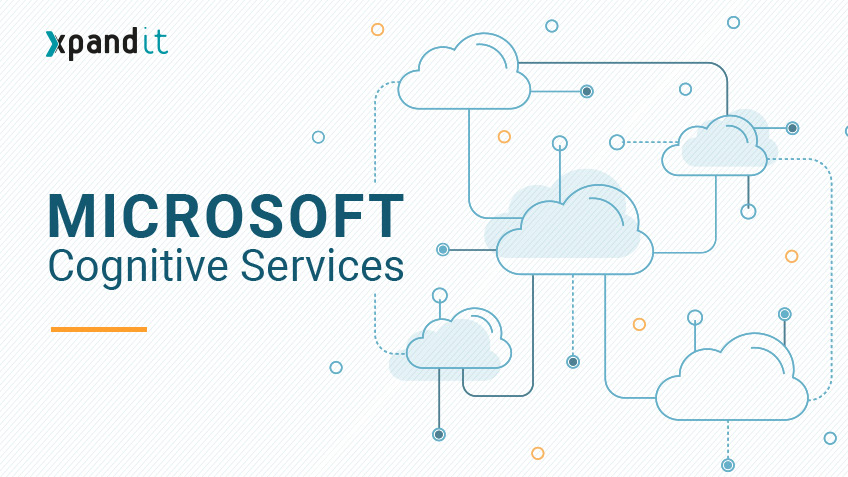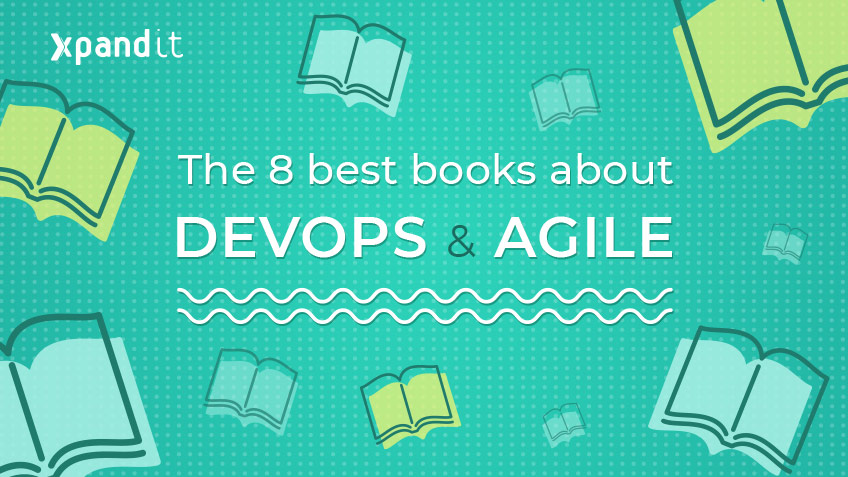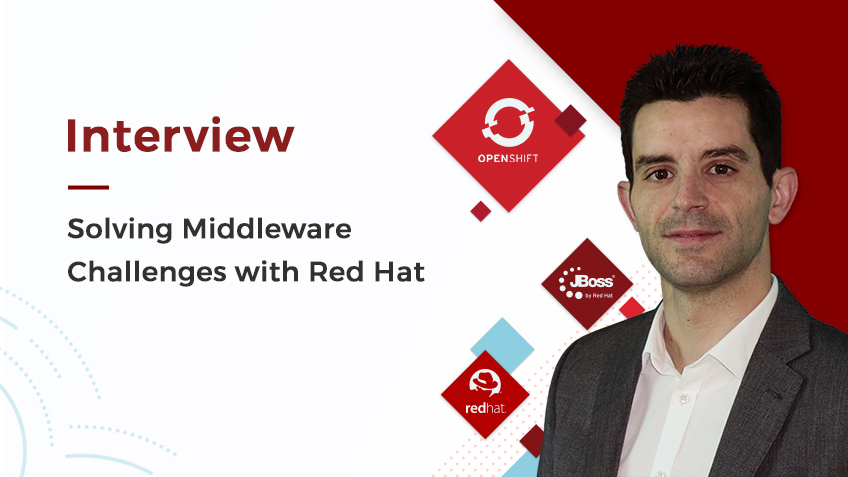Microsoft Cognitive Services is a set of APIs (Application Programming Interfaces) and SDKs (Software Development Kits) which are available in Azure, and that allow developers to create apps that are more intelligent and dynamic, as well as to perform enriching actions for the user’s experience.
Basically, and according to Microsoft, “they are intelligent algorithms that allow their apps, machines and bots to see, listen, talk, understand and perceive users’ needs with natural communication methods”. These algorithms, which develop and enhance their own potential through Machine Learning, use background data which, in turn, is gathered through the use of mobile apps.
So, is it possible to talk about the democratisation of artificial intelligence? Yes. With Microsoft Cognitive Services, developers can implement facial or voice recognition features with just a few lines of code, without the need to develop algorithms from scratch. Therefore, Cognitive Services enable in depth readings and insights for a personalised understanding of the profile, through services such as:
- Vision: includes image processing algorithms capable of identifying images in an intelligent manner. They can be used for facial recognition in order to work as a security mechanism with Face API, which gives the probability of an image being of a given person and identifies features such as age or sex.
It can also perceive emotions with Emotion API, detecting facial expressions of happiness, sadness, surprise or fear, for example.
- Voice: converts spoken audio into text (with Bing Speech API) and verifies or recognises the speaker in a given app. With Translator Speech API, the user can have a translation in real time, written or spoken.
- Knowledge: provides monitoring of information and complex data, in order to perform actions such as intelligent recommendations or semantic research (through Recommendation API or Custom Decision Service).
- Language: processes natural language, through ready-made scripts and assessing emotions, and learns to identify the user’s needs. The ex-libris of language services is Language Understanding Intelligence Service (LUIS) which, by using intelligent voice recognition, allows the user to develop their own language models and bots to understand commands and perform actions according to what is requested.
- Search: allows actions such as word suggestions, image or video search and actions that can be performed by APIs like Bing Web Search or Bing Custom Search.
How can Cognitive Services be used in different sectors?
Retail: cognitive services enable the extraction of detailed insights, which will help understand the needs of your existing customers and attract new ones. For example, you will be able to understand what difficulties your customers have when buying online and address these, support your sellers in presenting the right product to the right customer, or simplify the payment process.
Education: you can find the interests of each student and modernise your teaching style with cognitive services and machine learning, or you can manage suggestions on how to improve the classroom experience.
Insurance: you can give your customers a better experience with mobile apps by using cognitive services such as facial or voice recognition. You can also use them to detect possible fraud.
Finance: they help to customise specific campaigns based on customer features or behaviours, leading to increased sales and ROI.
Health: you can develop a more personalised assistance to your clients with a bot. It can help, for example, with selecting a specialist to schedule an appointment. Another huge potential is the assistance cognitive services will be able to provide to doctors, by conducting a more detailed diagnosis.
Watch a real time demonstration of cognitive services at the 2018 Xamarin Experience event here.





![[Free Ebook]: Retrieving Big Data business value with Hadoop](https://dev.www.xpand-it.com/wp-content/uploads/2015/12/Pentaho_ebook_blog_848x477.jpg)
![[Free playbook]: The 10 Coolest Add-ons for Jira Platform](https://dev.www.xpand-it.com/wp-content/uploads/2015/12/Playbook-Blog-848x477-VF.jpg)












